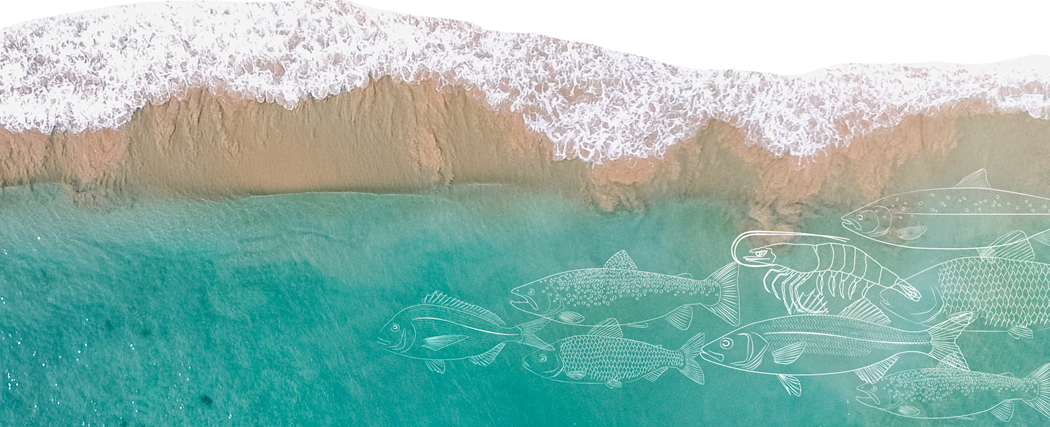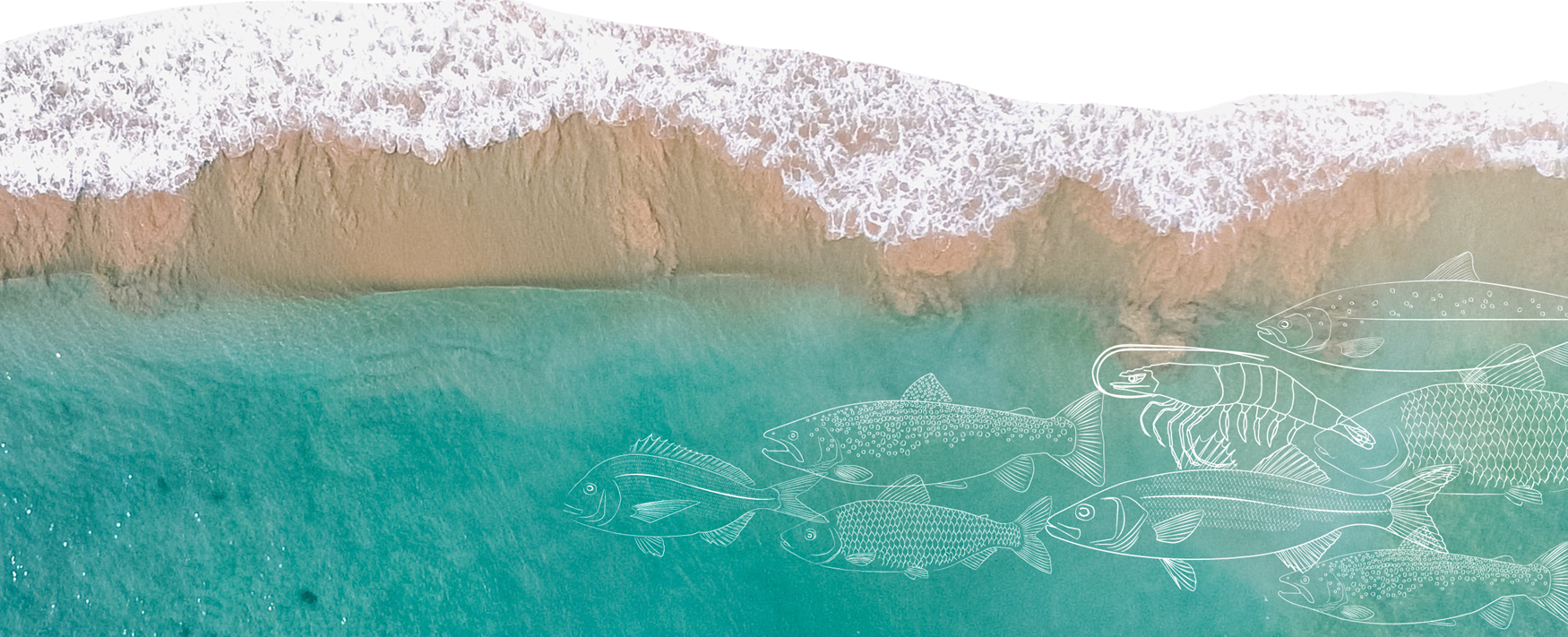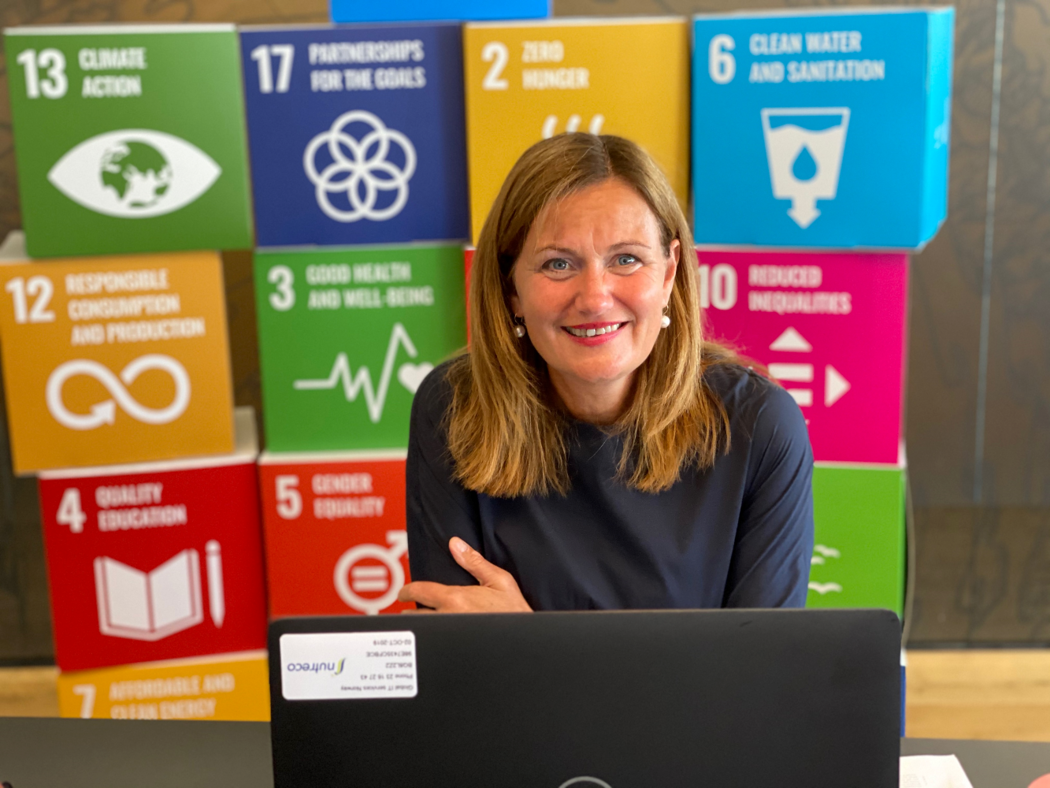
Signing the UN Global Compact on sustainable oceans
In October 2019, Skretting became an early signatory to the United Nations Global Compact, Sustainable Ocean Principles, calling on companies around the world to commit to securing healthy and productive oceans. By signing up to the compact’s nine core principles, we are committed to taking action to prevent pollution, to manage our use of marine resources to ensure long-term sustainability, and to be transparent in our ocean-related activities and impacts.
Our parent company Nutreco has been a member of the UN Global Compact since 2015.






